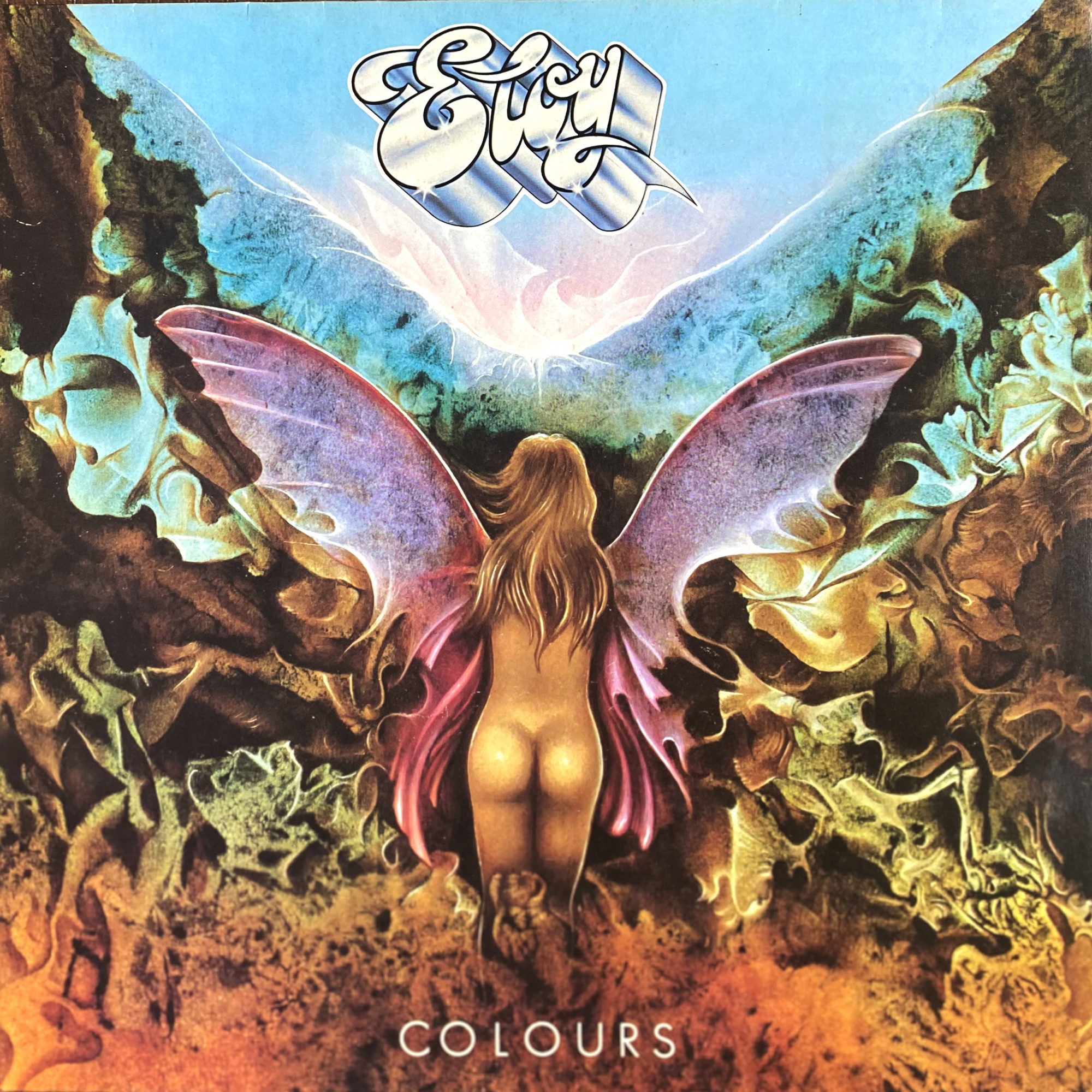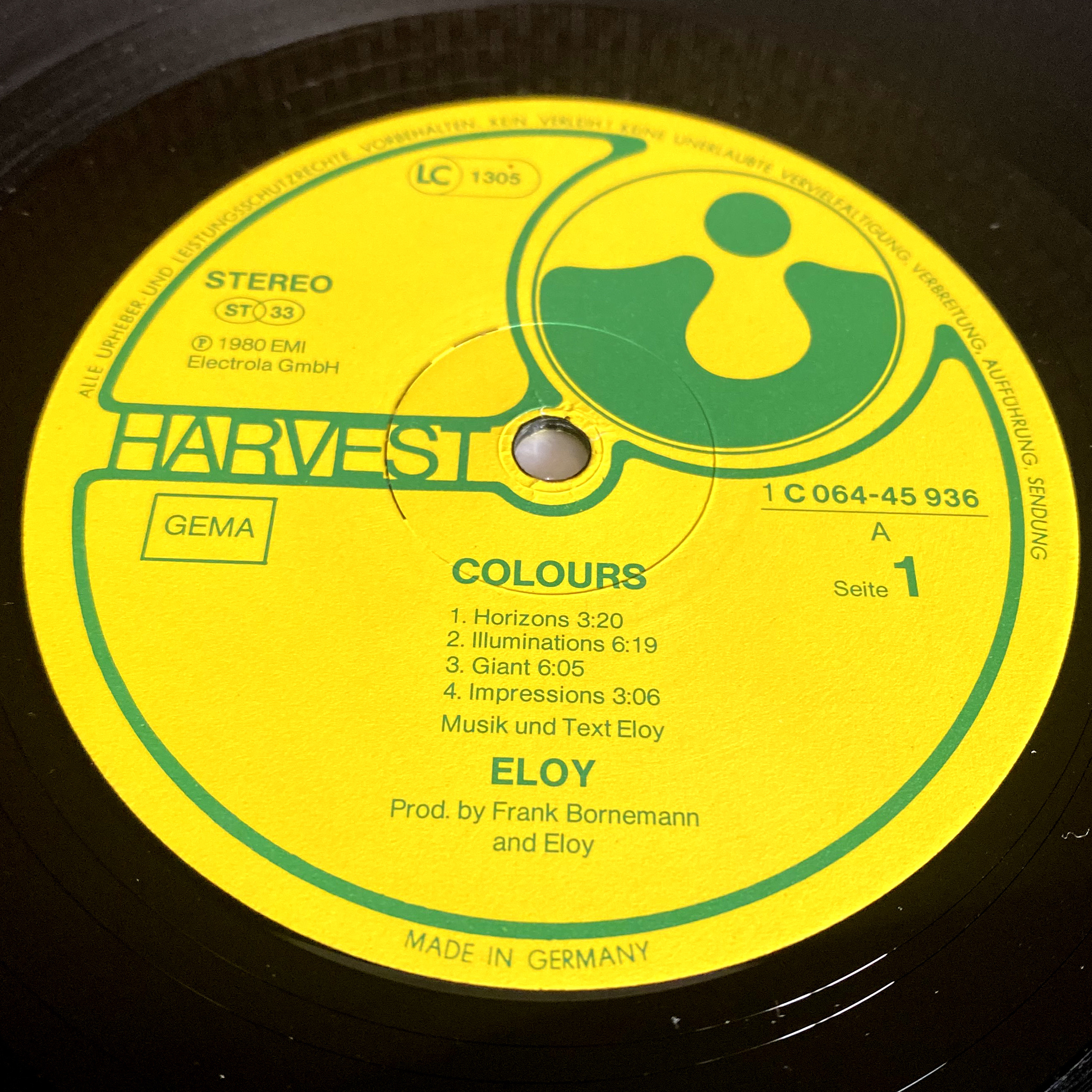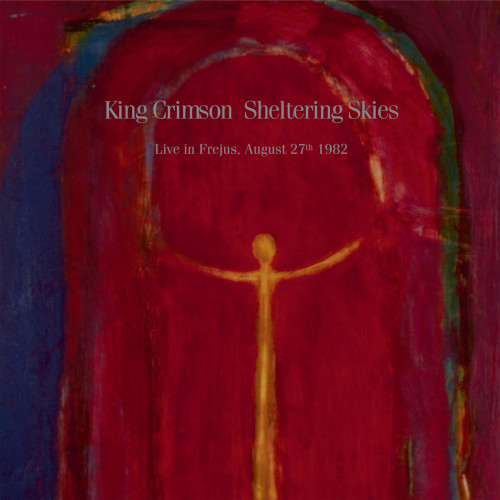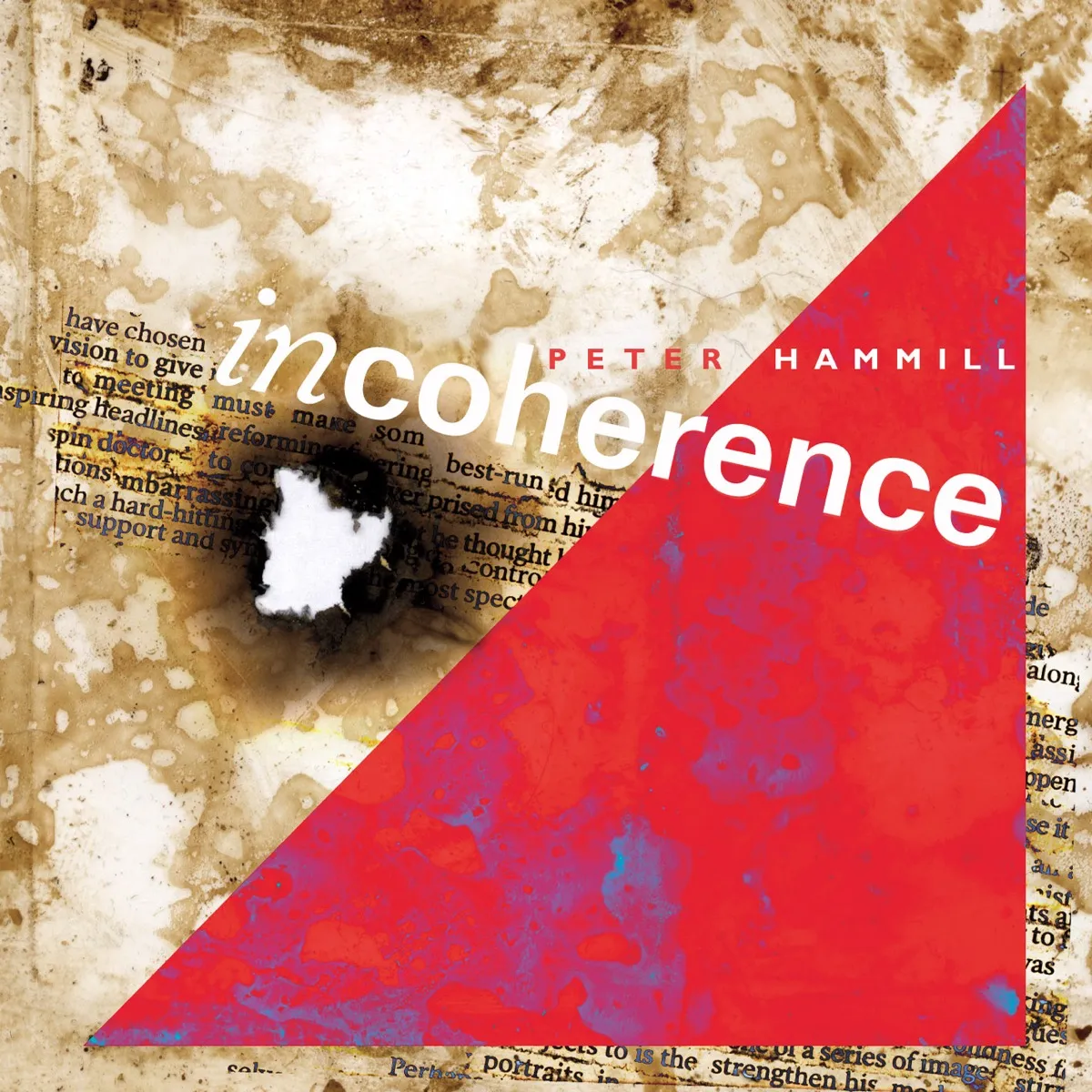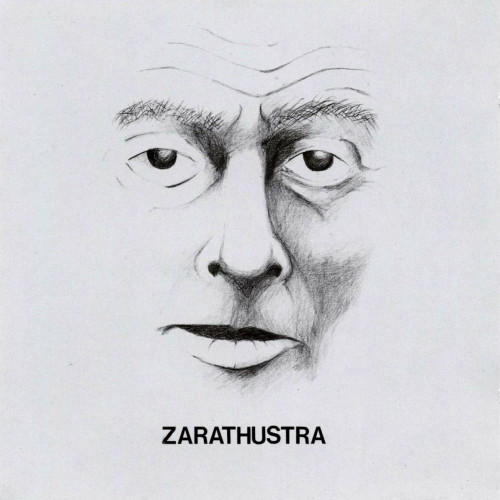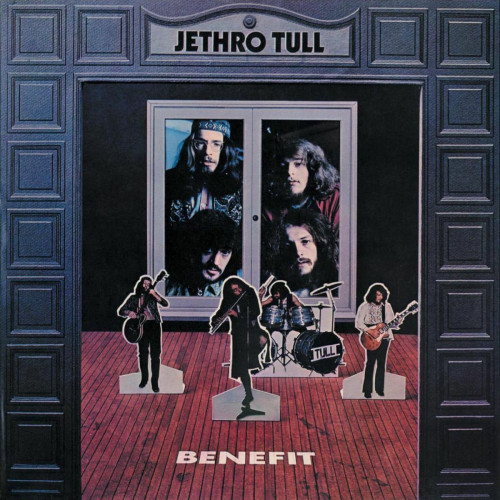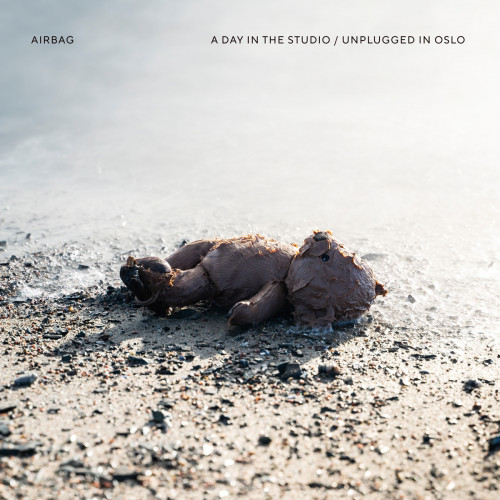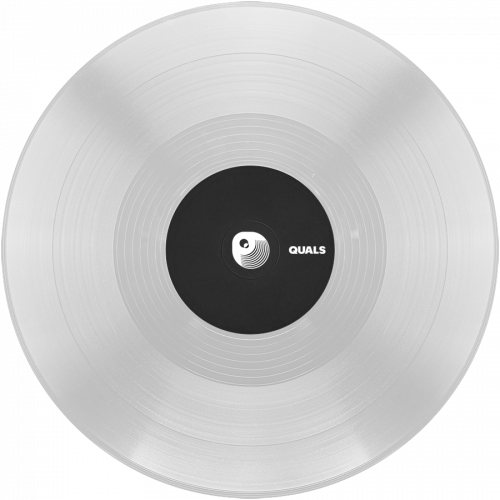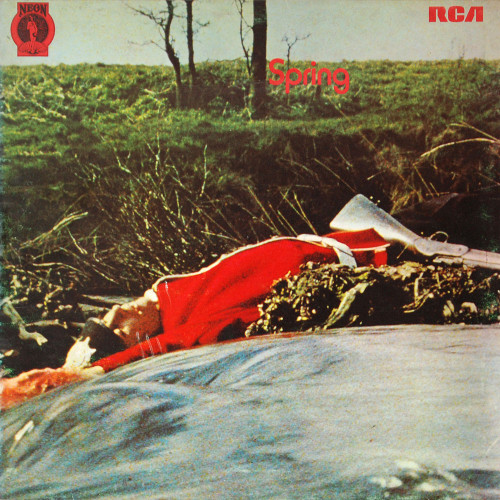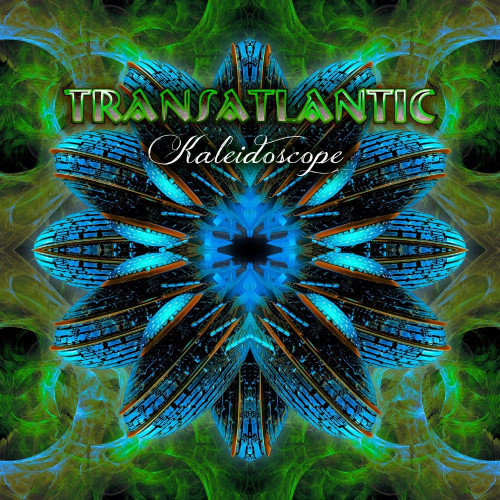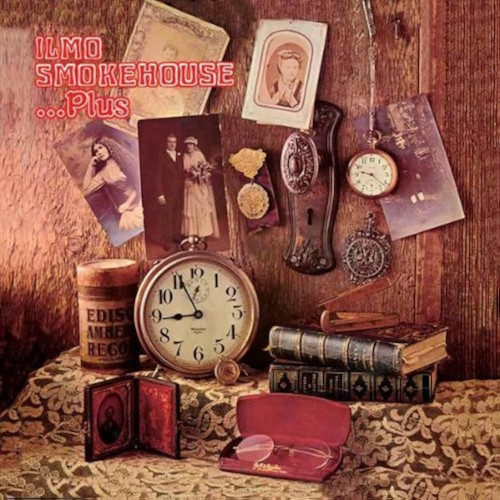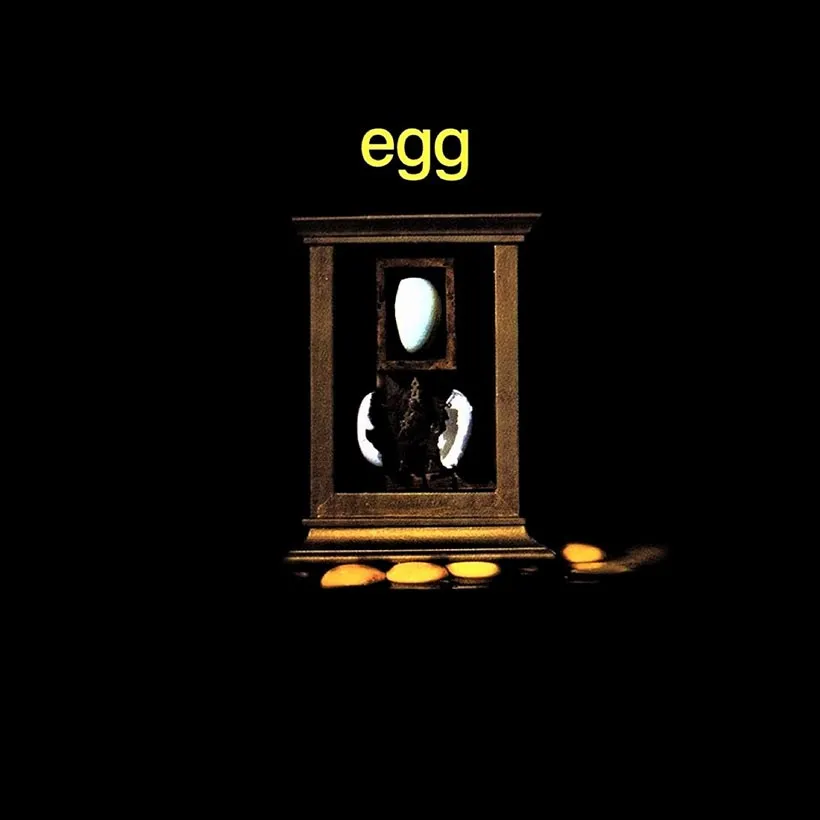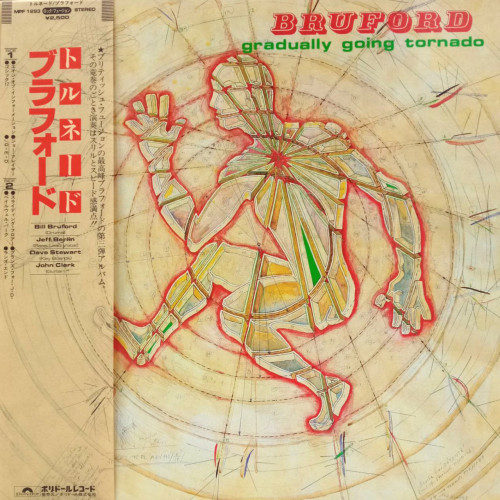A new decade, a new line-up: Frank Bornemann on guitar and vocals, Klaus-Peter Masiol (left over from the previous line-up) on bass, Hannes Folbert on keyboards, Hannes Arkona on guitar and UK-born drummer Jim McGillivray. This signalled a new direction for the band, a more accessible, straightforward approach to their music. The guitars became heavier, the keyboards not as immersive as Detlev Schmidtchen's. Nevertheless, this is the sound of a band not wanting to enter the 1980s (and this is true for the next two albums, ‘Planets’ and ‘Time to Turn’), and Folbert uses here keyboard instruments strictly from the 70s (but after this album more keyboard instruments from the early 80s will appear), such as Mini Moog, string synthesisers, Hohner Clavinet or Hammond organ.
The album opens with the track ‘Horizons’, complete with keyboards and a female chorus, with a quote from the YES song ‘Tales From Topographic Oceans’ in the lyrics. ‘Child Migration’, “Giant”, “Silhouette” and “Gallery” show a more straightforward direction, reminiscent of ALAN PARSONS PROJECT in many ways. Some of these compositions border on AOR. ‘Sunset’ is an instrumental composition dominated by synthesisers and a cool Moog.
One of Eloy's strengths is that the music is pretty damn enjoyable. It's great as background music. It may be unobtrusive, but it has enough character to become the centre of attention, something to sit in your headphones and listen to at your leisure. The songs aren't distracting or boring. Eloy's strength lies not so much in the individual songs, but in the whole album as a whole.
